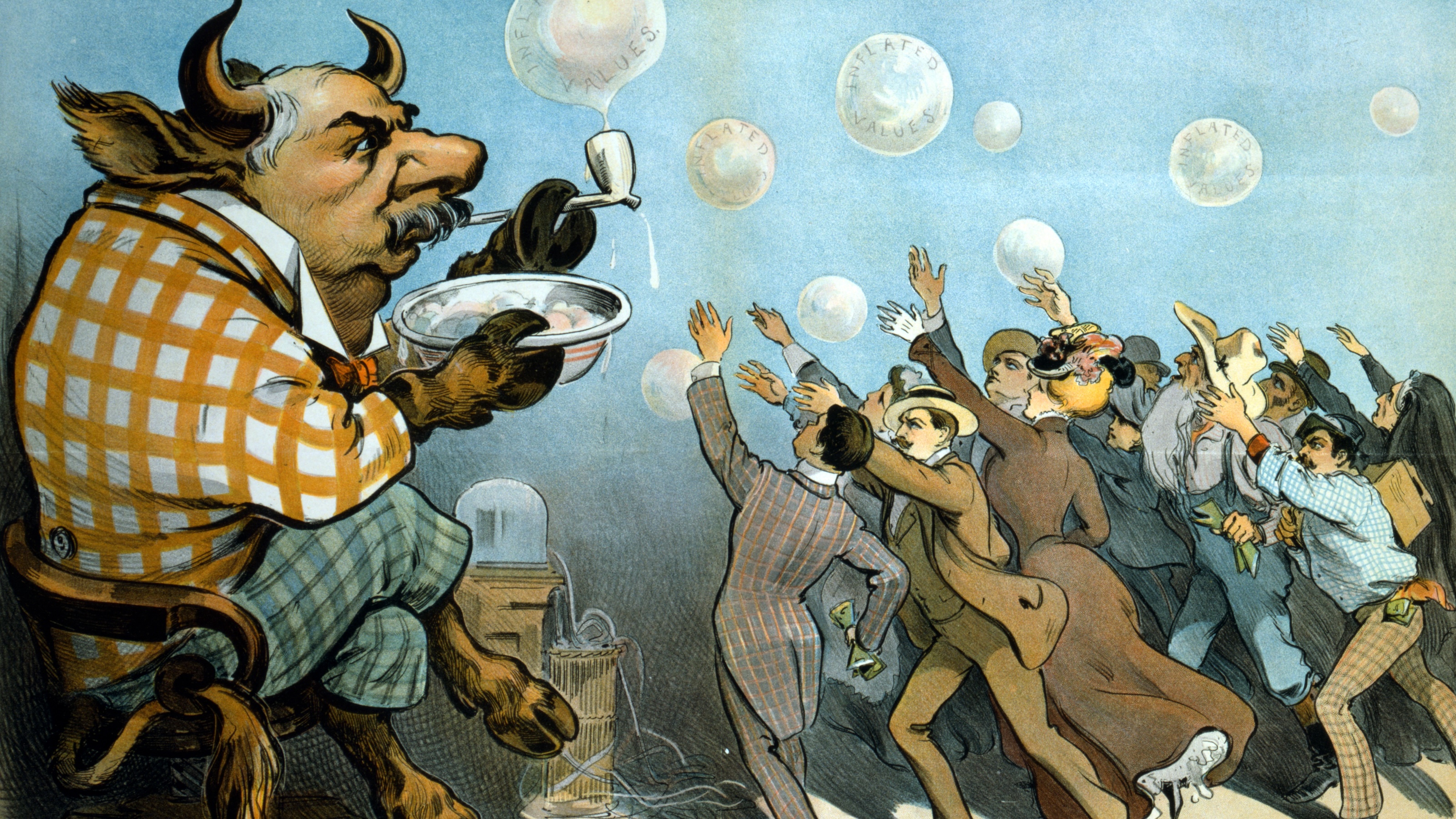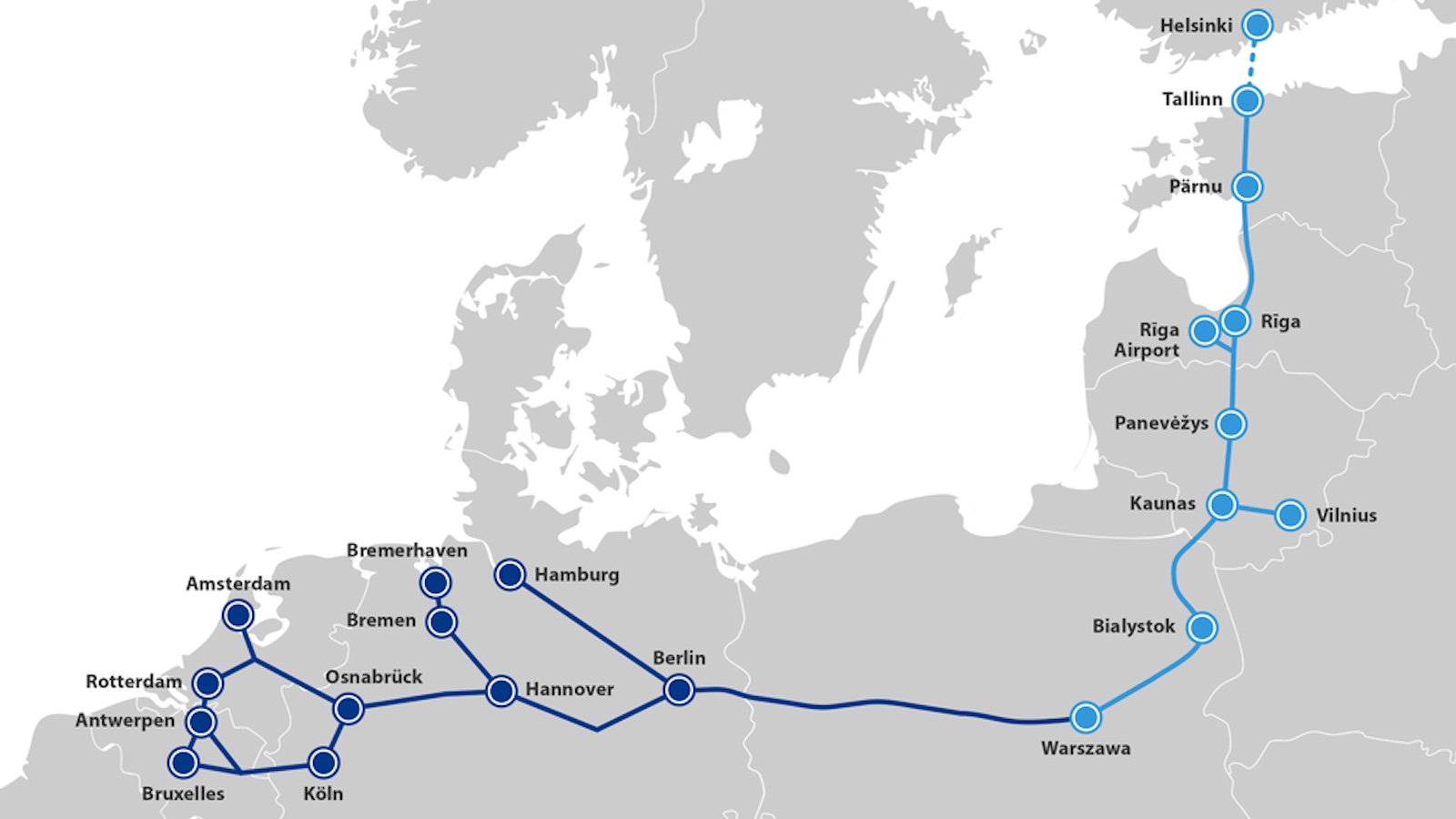Anne-Marie Slaughter’s vision for a networked world.
Anne-Marie Slaughter:I’m Anne-Marie Slaughter and I am the Dean of the Woodrow Wilson School of Public and International Affairs at Princeton.
Topic: Anne-Marie Slaughter’s foreign policy advice to President-elect Obama
Anne-Marie Slaughter: The United States has to operate on two tracks in the world. One is addressing the crises that we’re already in, the wars that we’re already in, the mistakes we’ve made. So, closing Guantanamo, signing back up to the Geneva Conventions for all Americans, that’s one agenda and that agenda is right there and it’s on the President’s desk and, you know, he has to deal with it and the global financial crisis on top of that. So that’s one track. And the President has to be addressing those issues, but at the same time, there has to be a longer term plan, just like in a corporation where you are investing for the future, where the President says, “All right. Over the next 2 year, 5 years, 10 years, 20 years, here’s my vision of how America is going to operate in the global economy, in the global polity and increasingly global society. We are going to exploit the connections we’ve already got. We’re going to build them. We’re going to understand that our immigrants in many ways are our greatest assets. We are going to lead in a different way, where as I talk about strategic leadership, we’re going to understand that partners are terrific. You know, we want partners in every region and we want those partners to take the lead where they can. Now, there are going to be places where only we can do it, and then, we have to be there. But it’s a vision of the United States at the center of a global web, a connected, taking in the best ideas from all over the world but sending them out. Whether those were ideas on foreign policy or on innovation on products or on green technology which ought to be a huge part of what we’re doing. It’s a vision of the United States that says, you know, we’re re-inventing ourselves as a great power one more time. We started as a weak power. We rose but we weren’t really an imperial power. We were a new kind of superpower in the 20th century. We created all these institutions. We actually cooperated with most other nations around the world. Now, we are going to invent ourselves again and we’re going to invent ourselves for a network world. We’re going to keep our army. We do need our military and we do have the ability to send troops around the world, but we’re going to understand that that is a small, a part of the game and probably a diminishing part of the game in terms of utility of military force. And we, just like we’re the country that invented the internet, we’re going to invent how you lead in a completely network world.
Recorded on: 11/11/2008





